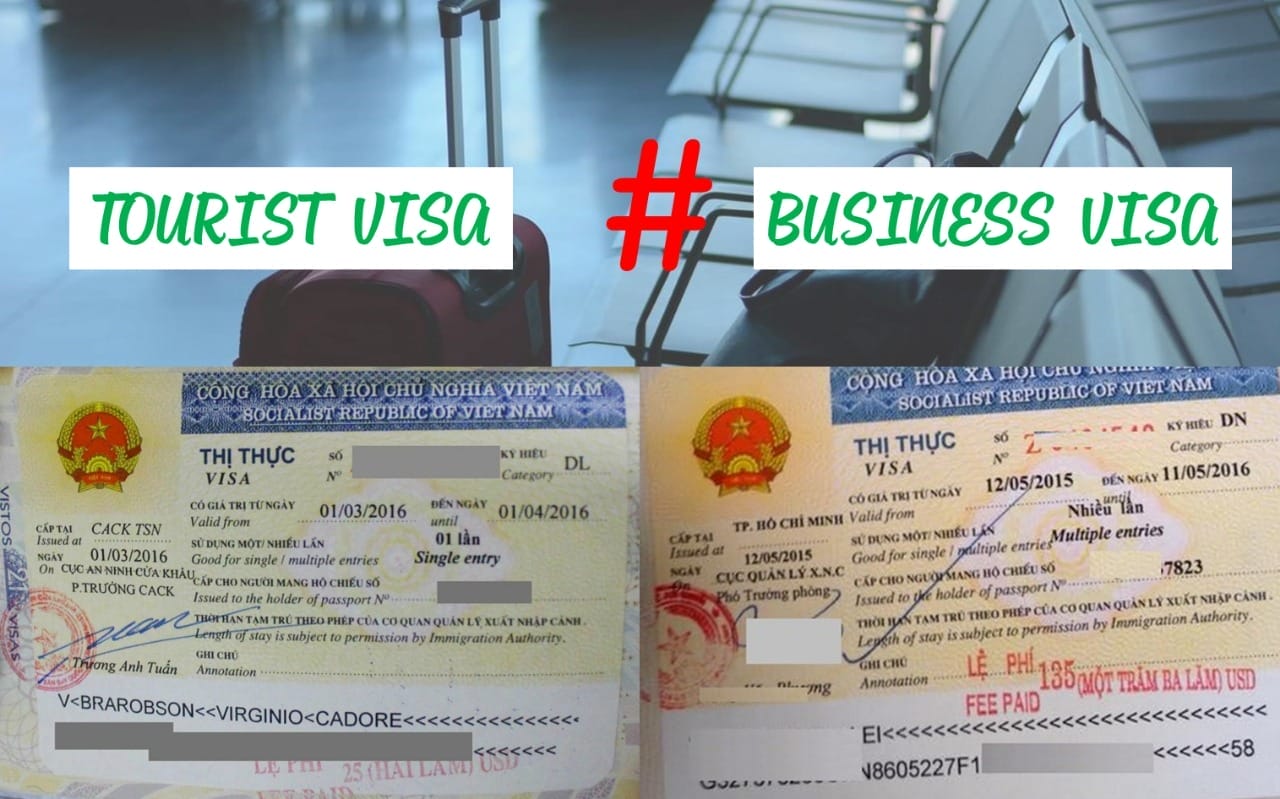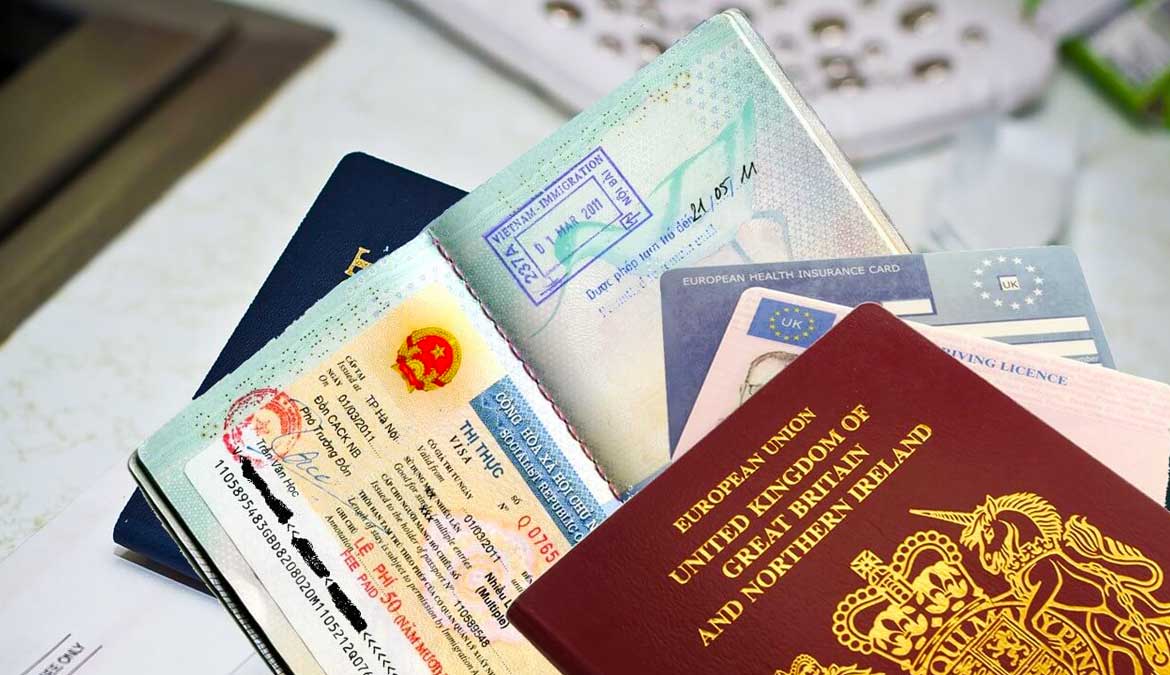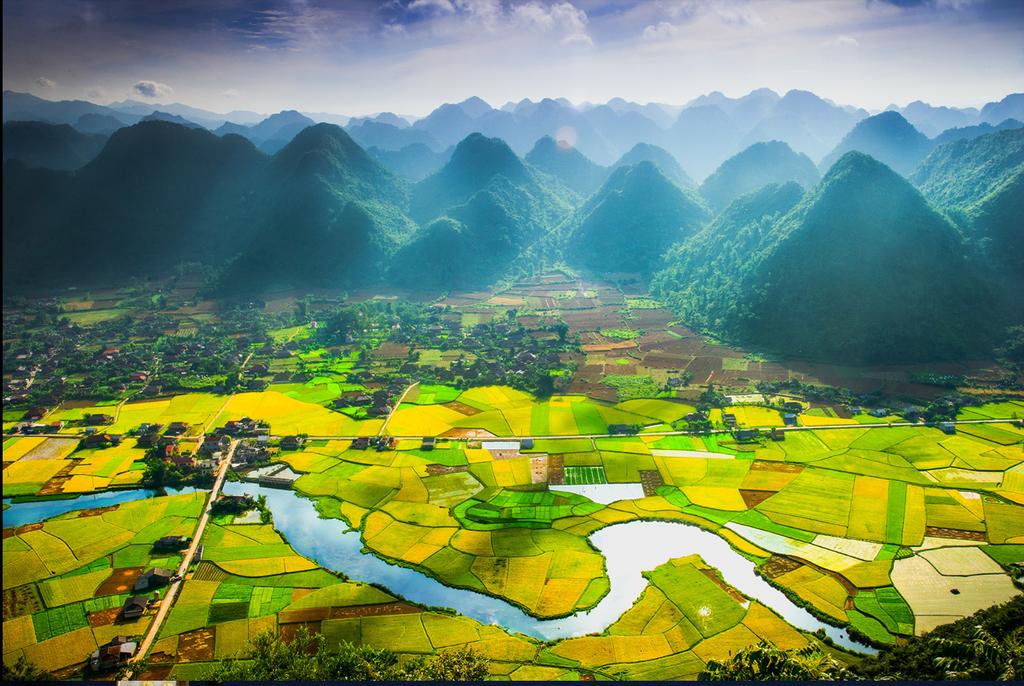Traveling to Vietnam requires obtaining the correct visa based on the purpose and duration of your visit. With several visa options available, it’s essential to choose the one that best fits your travel plans. This guide provides an overview of the different types of visas available for Vietnam and offers insights into which one you should choose.
1. Overview of Vietnam Visa Types
Vietnam offers several types of visas, each catering to different needs, whether you’re visiting for tourism, business, work, or other purposes. Here’s a breakdown of the most common visa types:
1.1 Tourist Visa (DL)
The Tourist Visa is the most popular choice for travelers visiting Vietnam for leisure. This visa allows a stay of up to 30 days, and it’s possible to extend it for an additional 30 days if necessary. This visa is ideal for exploring Vietnam’s stunning landscapes, vibrant cities, and cultural heritage.

1.2 Business Visa (DN)
The Business Visa is designed for individuals traveling to Vietnam for business-related activities, such as attending meetings, conferences, or exploring business opportunities. This visa generally permits stays of one to three months and can be issued as a single-entry or multiple-entry visa, depending on your needs.
1.3 Work Visa (LD)
The Work Visa is required for foreign nationals who have been offered employment in Vietnam. This visa is issued based on a valid work permit and allows the holder to stay in the country for the duration of their employment contract. It’s the best option for those planning to work and live in Vietnam long-term.
1.4 Student Visa (DH)
The Student Visa is for individuals who plan to study in Vietnam. This visa is typically issued to students enrolled in educational institutions in the country and is valid for the duration of their course. It allows students to stay in Vietnam for their studies and participate in academic programs.
1.5 Diplomatic and Official Visas (NG1-NG4)
Diplomats, government officials, and their family members are issued Diplomatic and Official Visas. These visas are granted based on diplomatic or official duties and responsibilities and typically offer longer stays with certain privileges.
1.6 Investor Visa (DT)
The Investor Visa is for foreign investors who have made significant investments in Vietnam. This visa is often granted to individuals or representatives of organizations that have invested in businesses or projects within the country. It typically offers longer validity and multiple-entry options.
1.7 Transit Visa
A Transit Visa is available for travelers passing through Vietnam en route to another destination. This visa is usually valid for a short period (up to five days) and is intended for travelers who need to stop over in Vietnam before continuing their journey.
2. Choosing the Right Vietnam Visa
Selecting the appropriate visa depends on several factors, including the purpose of your visit, the length of your stay, and whether you plan to enter and exit the country multiple times. Here’s how to determine which visa is right for you:

2.1 For Tourists and Short Visits
If your trip to Vietnam is for tourism or a short visit, the Tourist Visa (DL) is the best option. It provides ample time to explore the country and can be extended if you decide to stay longer.
2.2 For Business Travelers
For business-related trips, the Business Visa (DN) is the appropriate choice. If you anticipate making multiple trips to Vietnam within a few months, consider opting for a multiple-entry business visa.
2.3 For Long-Term Work or Study
If you plan to work or study in Vietnam for an extended period, you’ll need a Work Visa (LD) or a Student Visa (DH). These visas are tied to your employment or academic status and allow you to stay in the country legally for the duration of your contract or course.
2.4 For Investors and Diplomatic Staff
Investors should apply for the Investor Visa (DT), which offers longer stays and the flexibility of multiple entries. Diplomatic and official staff should apply for the Diplomatic and Official Visas (NG1-NG4), which are tailored to their specific roles.
2.5 For Short Stopovers
If you’re only passing through Vietnam on your way to another destination, a Transit Visa will suffice. This visa allows you to stay in the country for a short period before continuing your journey.
3. How to Apply for a Vietnam Visa
3.1 Visa on Arrival (VOA)
The Visa on Arrival (VOA) is a convenient option for travelers arriving in Vietnam by air. To apply, you need to obtain an approval letter from a licensed Vietnamese travel agency. Upon arrival at the airport, present the approval letter, passport, and visa fee to receive your visa stamp.
3.2 E-Visa
The E-Visa is available to nationals from over 80 countries and allows for a single entry of up to 30 days. The application process is entirely online, making it a quick and easy option for eligible travelers.
3.3 Embassy or Consulate Application
For those who prefer to have their visa before departure, applying through a Vietnamese embassy or consulate is an option. This method is suitable for all visa types and involves submitting your application in person or by mail.
4. FAQs
1. What types of visas are available for Vietnam?
Vietnam offers various visas, including Tourist, Business, Work, Student, Diplomatic, Investor, and Transit Visas.
2. Which Vietnam visa should I choose for a short vacation?
For a short vacation, the Tourist Visa (DL) is the best option, allowing a stay of up to 30 days.
3. Can I work in Vietnam with a Tourist Visa?
No, a Tourist Visa does not permit work. You will need a Work Visa (LD) if you plan to work in Vietnam.
4. What is the difference between a Business Visa and a Work Visa?
A Business Visa (DN) is for short-term business activities, while a Work Visa (LD) is for long-term employment in Vietnam.
5. How do I apply for a Vietnam visa?
You can apply for a Vietnam visa online (E-Visa), on arrival (VOA), or through a Vietnamese embassy or consulate.
5. Conclusion: Secure the Right Vietnam Visa for Your Travel Plans
Choosing the right visa is crucial for ensuring a smooth entry and stay in Vietnam. Whether you’re visiting for tourism, business, work, or study, there’s a visa that fits your needs. By understanding the different types of visas available and their specific requirements, you can select the one that best matches your travel plans.
Consider booking with Vietnam Motorcycle Tour for a seamless travel experience, including visa services and guided motorbike tours in Vietnam. They offer comprehensive support, ensuring all your travel needs are met, so you can focus on enjoying your adventure in Vietnam.






